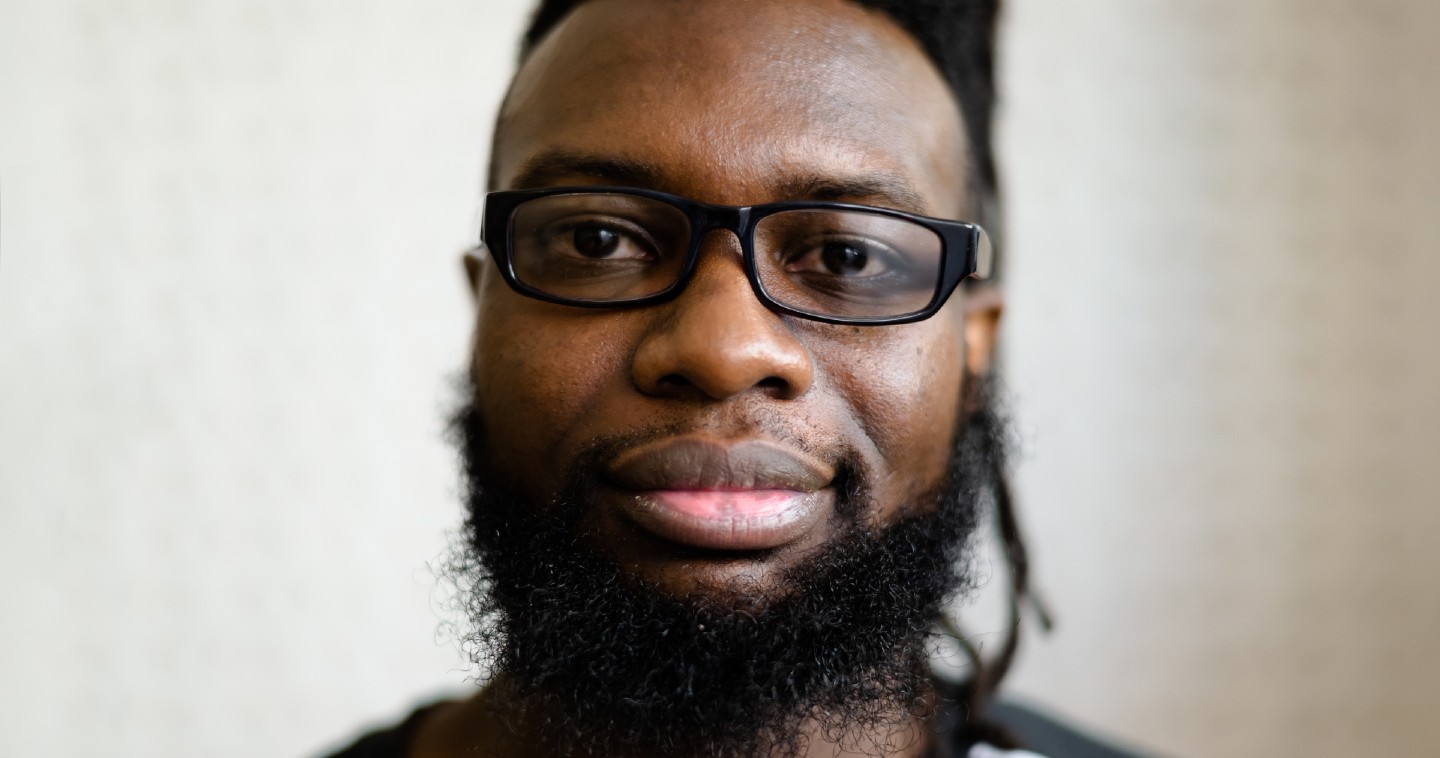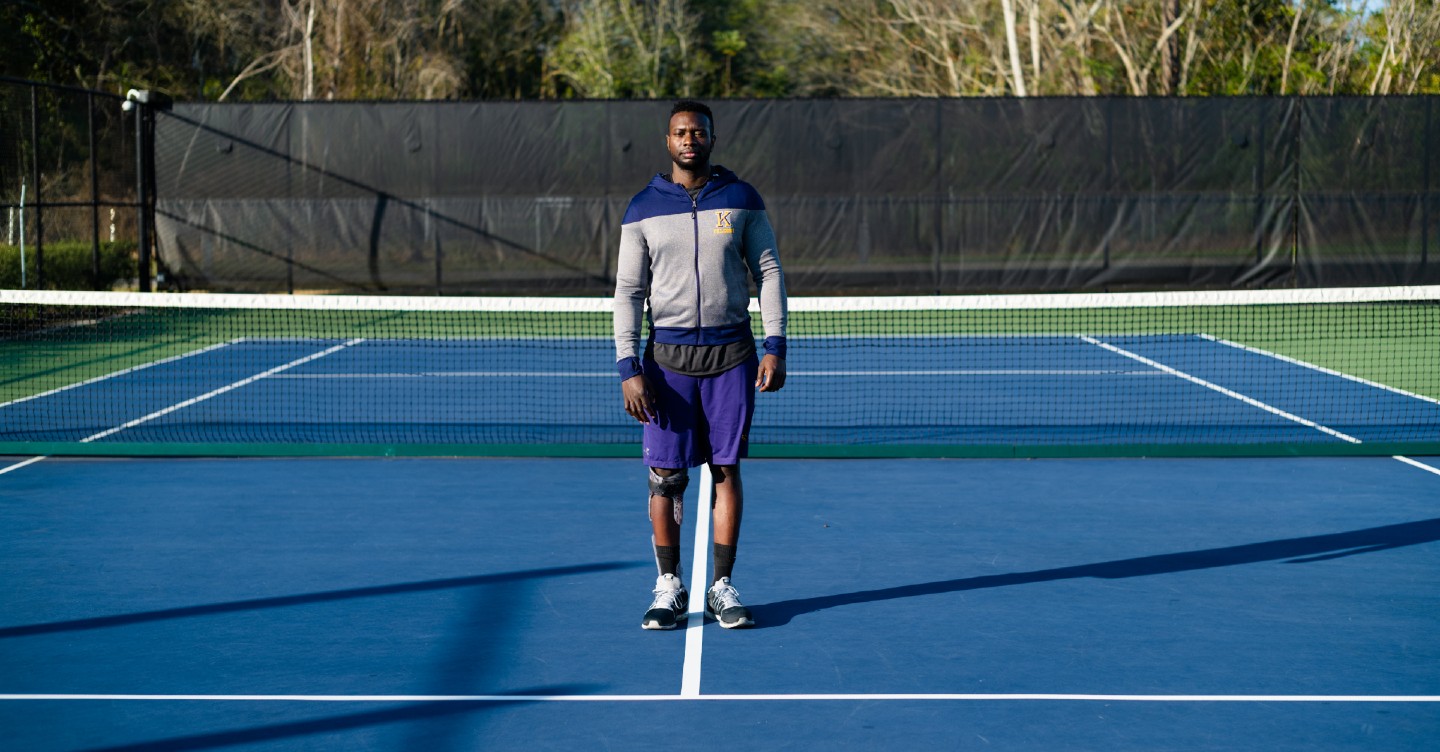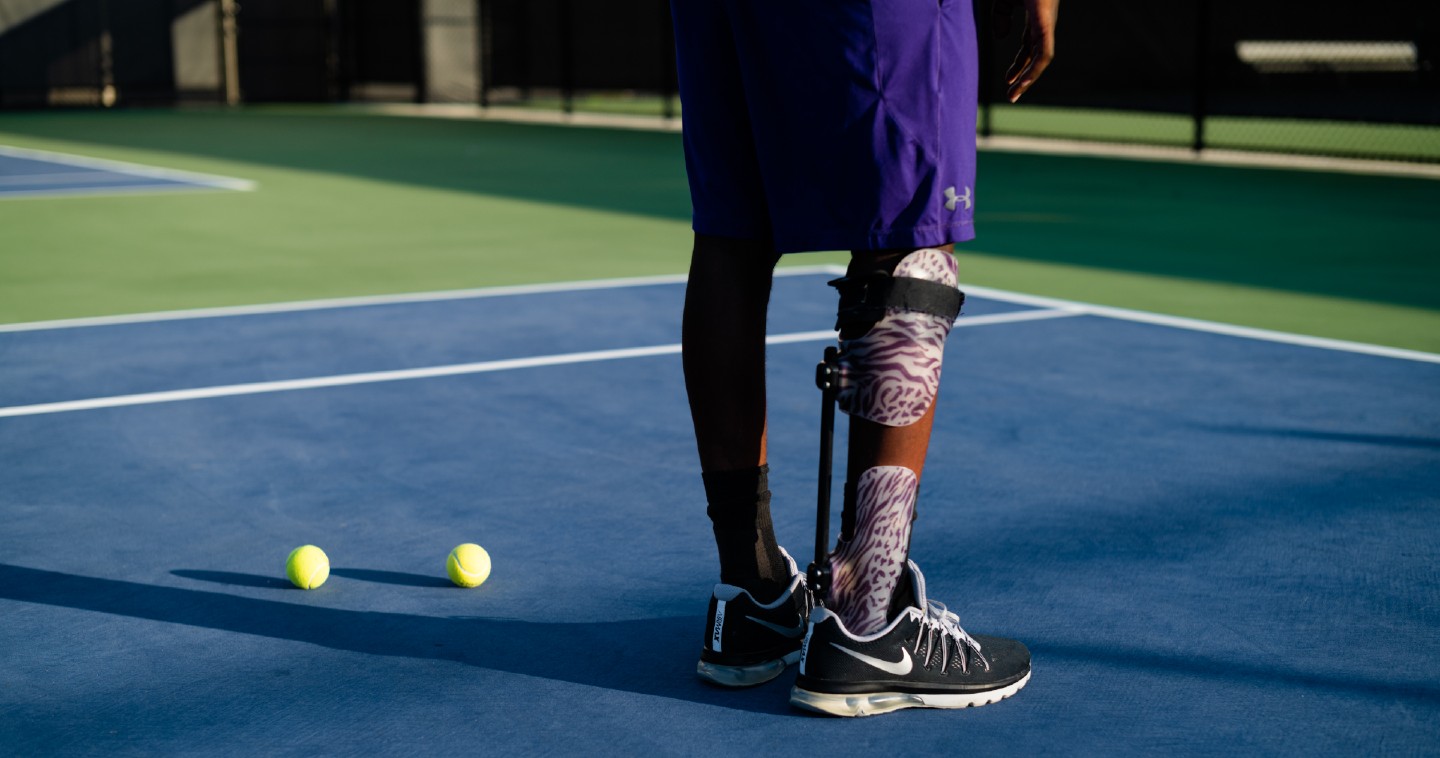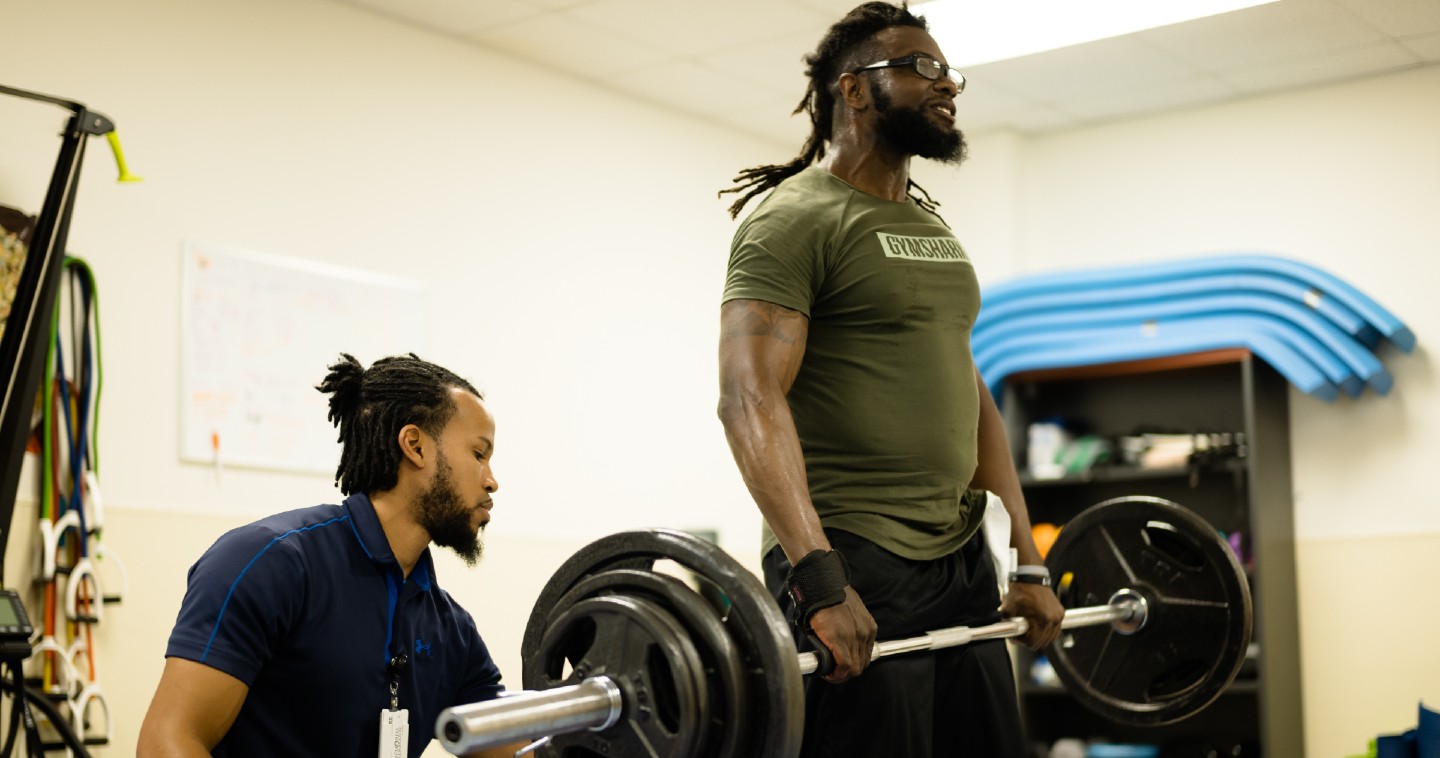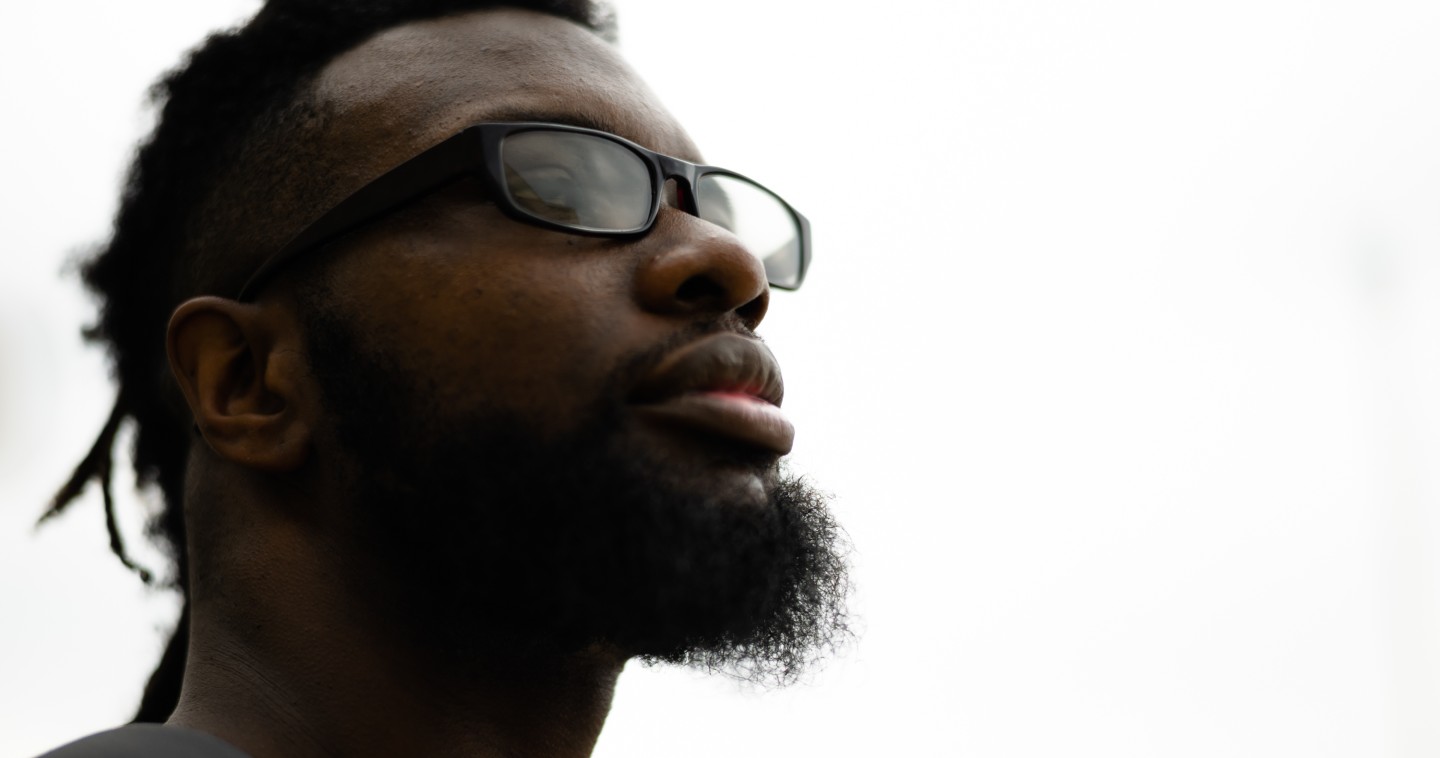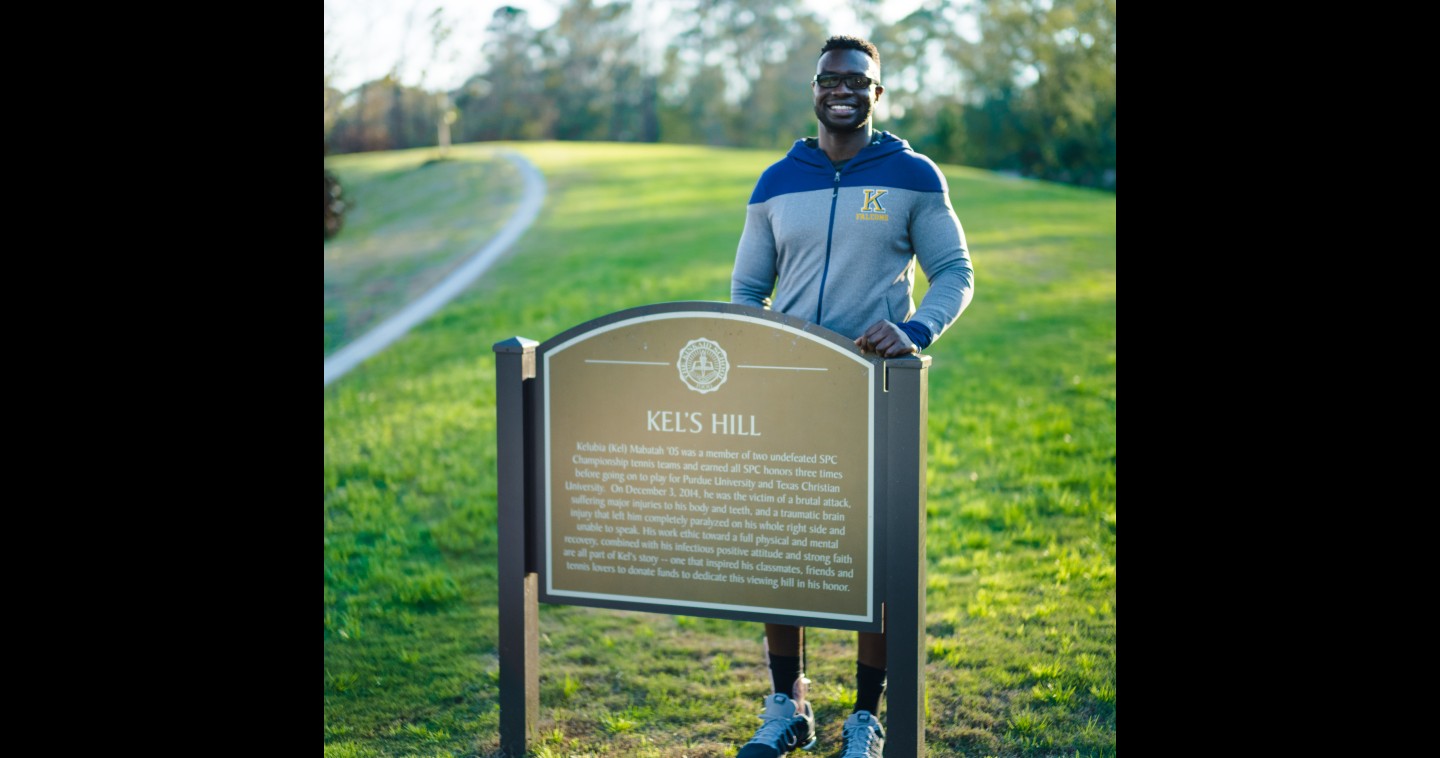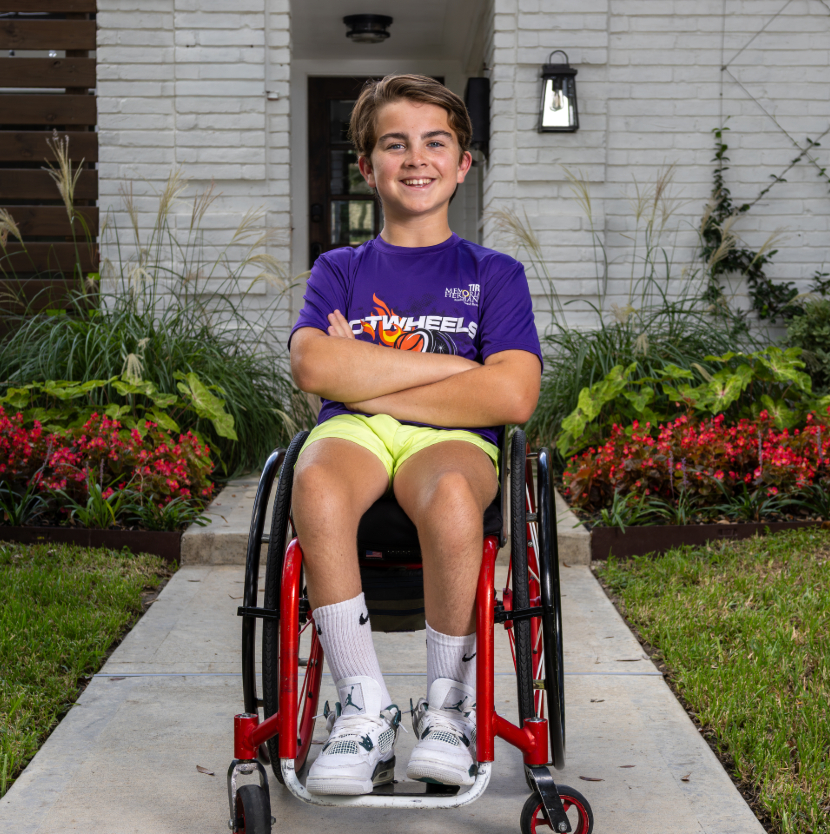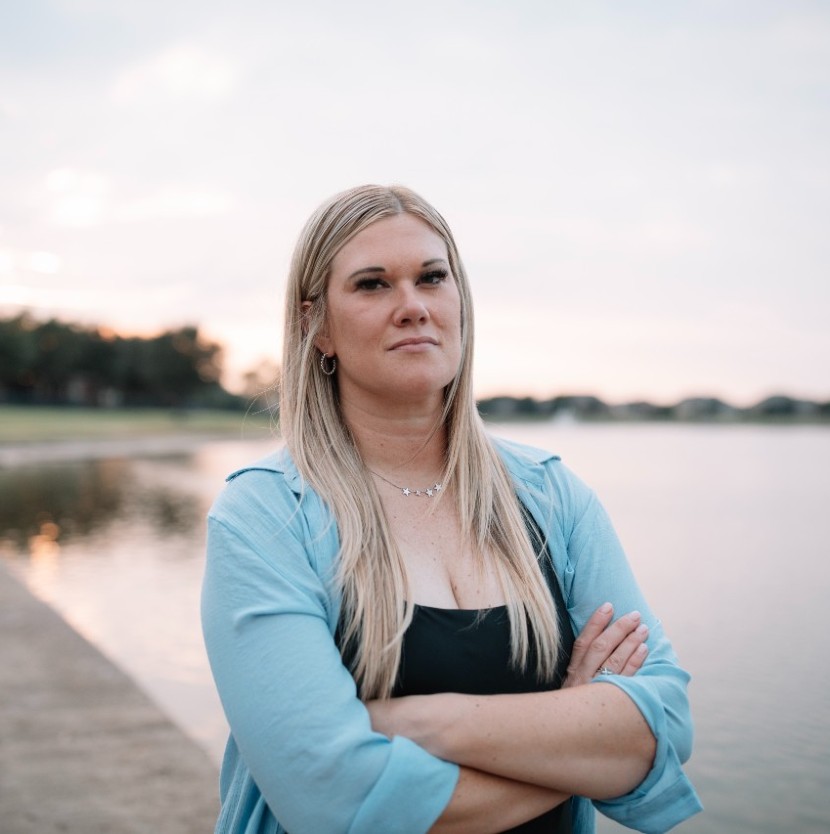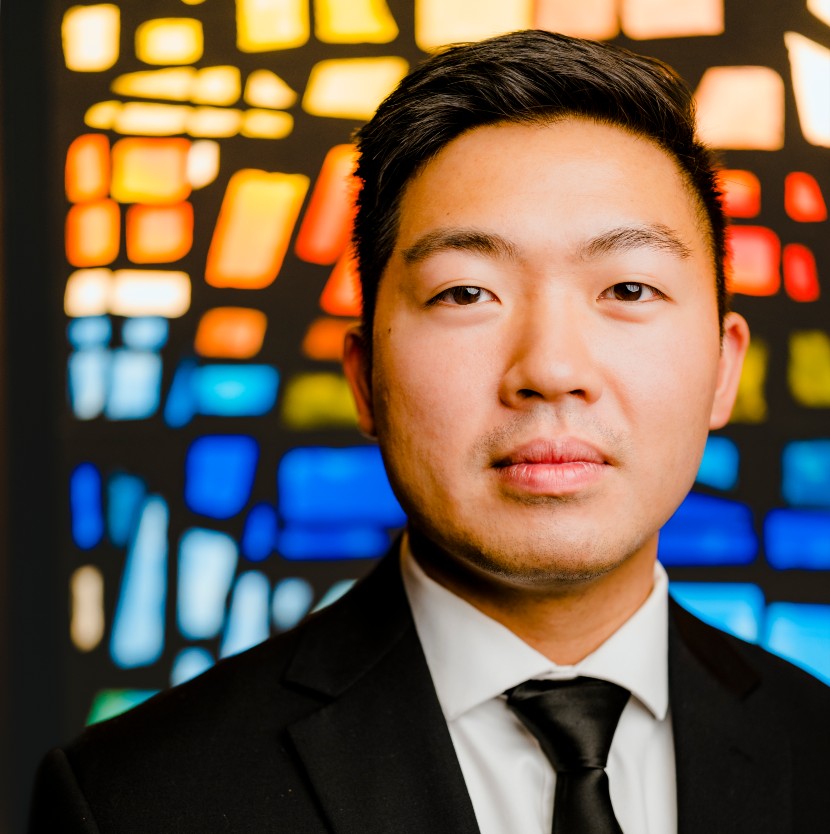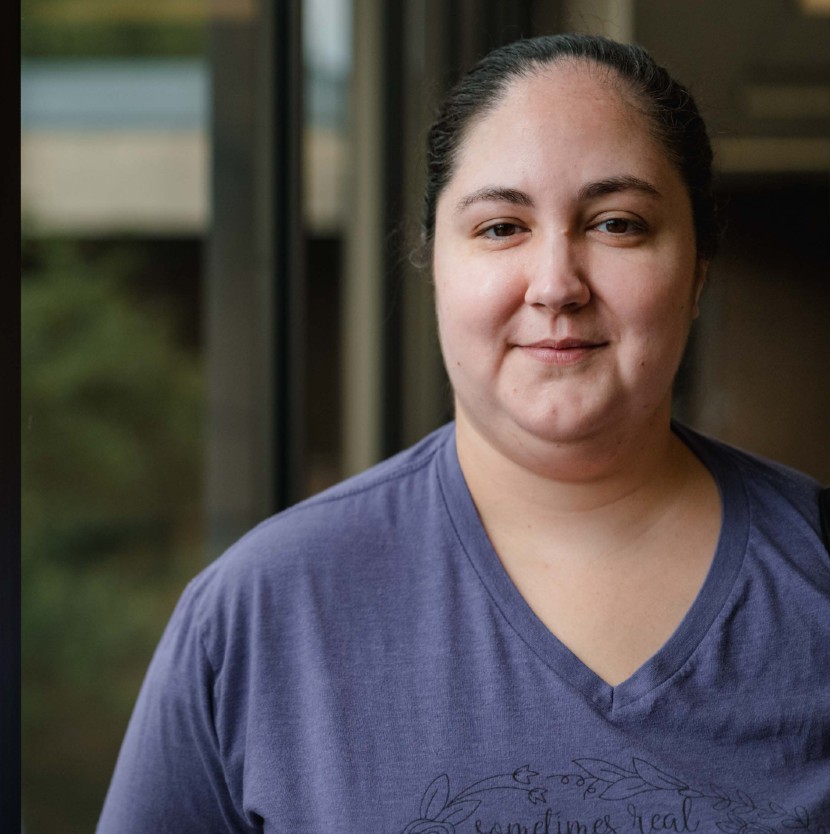December 3, 2014 was like any other day. Until it wasn’t.
I’d just returned from work at my father’s company, in the same compound where I lived in Abgor, Nigeria. That’s when I heard someone pounding and kicking my front door.
The door caved, and four armed men stormed in. One said words I’ll never forget, “You know you’re going to die tonight, right?”
I thought for sure my life was over—that I’d never see my parents or friends again.
The last thing I saw was a rifle bearing down on my head. Everything went dark.
I was out for an unknown amount of time, but regained consciousness briefly as police lifted me into the back of a truck. That’s the last thing I remember about December 3, 2014.
Waking up to reality
Six days later, I woke up in a hospital bed after the first of four brain surgeries. I had no idea why I was there and why my relatives looked so distraught. Only later did I learn that I’d been savagely beaten. The attackers had knocked out teeth and stabbed me before leaving me for dead—and to this day I don’t know why.
I tried to speak and move but couldn’t.
Days later, my father flew me home to Houston, where I was born and raised. There, I was admitted to Memorial Hermann Southwest Hospital.
At the time, I had no idea what a traumatic brain injury was or how difficult it would be to overcome. I thought I’d recover quickly if I applied the same hard work and focus I did as a former tennis champion. I’d played at Kinkaid High School and then earned scholarships at Purdue University and Texas Christian University, where I majored in entrepreneurial management.
Three months later I was discharged, but I still couldn’t use my right arm or hand. I was completely dependent on my wheelchair and barely speaking. In that moment it hit me—I might never be able to do the things I could before.
Tennis and therapy
Tennis has played a huge role in my life, since age 5. It’s a one-on-one sport—you against the other person. You set goals for yourself and have to be extremely focused.
I’m still finding myself after losing my identity as an athlete. But I take what I’ve learned from tennis—work ethic, goal setting and trusting the process—into therapy.
When I first began rehabilitation at TIRR Memorial Hermann, I had to learn how to stand—literally—and then walk.
More frustrating than that, though, was dealing with my memory loss and inability to speak. I couldn’t say a word like “chair” for the longest time, and when I did talk, people couldn’t understand me.
Physically and mentally, I’ve come a long way. I’ve graduated from in-hospital therapy to outpatient therapy, and now only go 3 times a week. I no longer need speech therapy.
Tennis shaped me, but therapy got me where I am today.
“Thank you for making me stronger”
There’s a new Kel—one who has been fortunate enough to receive a second chance at life. My outlook has completely changed. I don’t take anything for granted.
There is a reason I survived, and I’m going to make the most of it. I believe my purpose is to help as many people in my situation—or worse—as I can by sharing my experience and supporting them.
To my attackers I’d say: “I survived. You didn’t break me, and I’m going to come back a much stronger and better man because of this. So, thank you for making me stronger.”
To continue to follow Kel's journey, find him on Instagram at @kmabatah.

